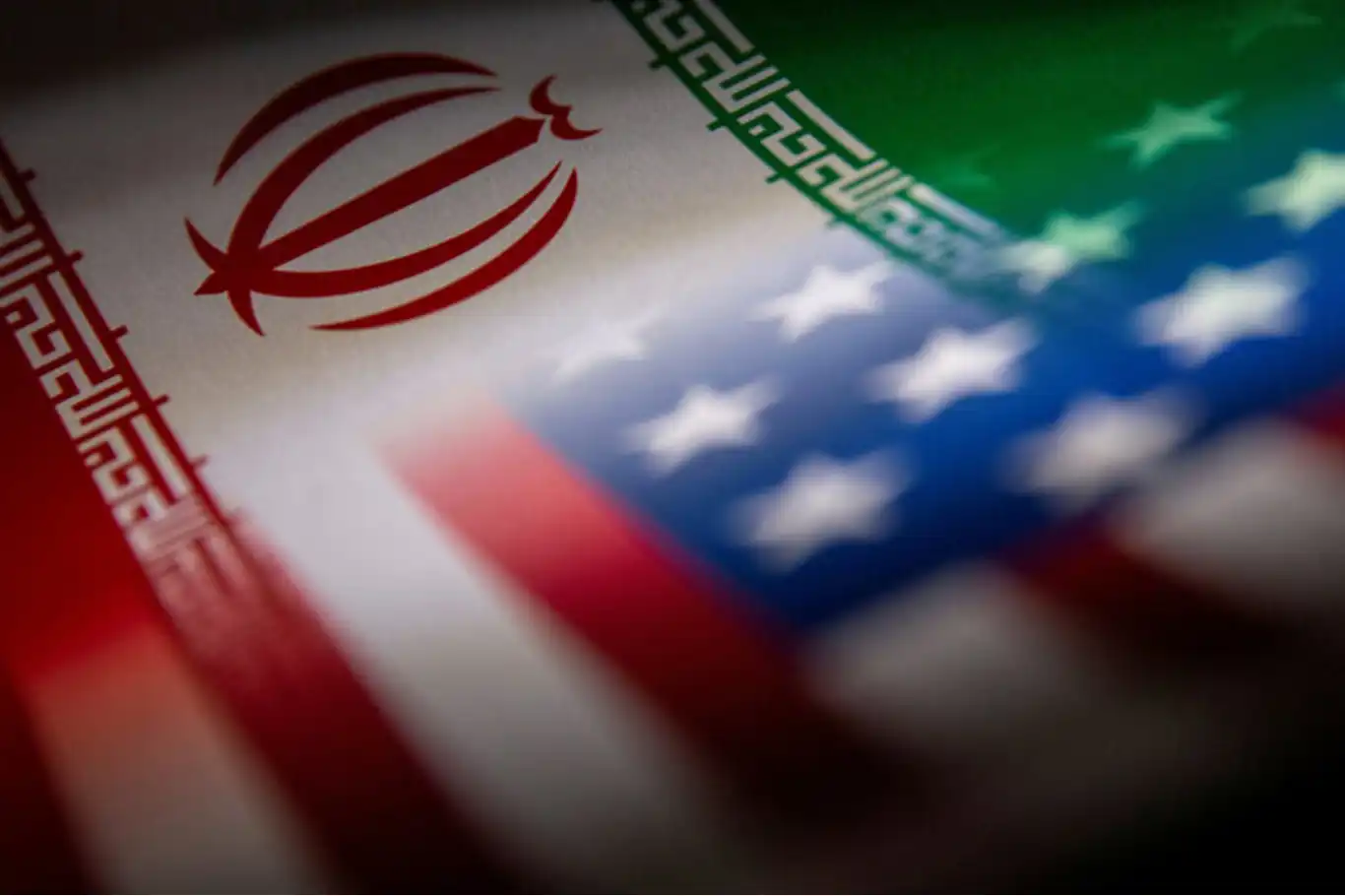US-Iran indirect talks begin in Muscat amid growing tensions


Indirect negotiations between Iran and the United States officially commenced in the Omani capital, Muscat, on Saturday.
Iranian Foreign Minister Abbas Araghchi and US envoy Steve Witkoff are engaging in these talks, which are mediated by Omani Foreign Minister Badr al-Busaidi. The discussions are being held at a location designated by the Omani government, with representatives from both countries situated in separate rooms, allowing for indirect communication.
The Iranian Foreign Ministry confirmed the talks, stating that the primary focus is on de-escalating regional tensions, prisoner exchanges, and negotiating limited sanctions relief in return for controls on Iran's nuclear program. Tehran’s spokesperson, Fatemeh Mohajerani, emphasized that the talks should be precise and free of external noise, ensuring clear and written communications between the two sides. She also noted that Iran had chosen the format of these talks, highlighting the diplomatic rationale that aligns with the current stage of negotiations.
“We are focused on a dialogue that is clear, straightforward, and avoids any unnecessary narratives,” Mohajerani stated. She added that the format chosen reflects Iran's pragmatic approach in these sensitive negotiations.
The discussions come after months of escalating tensions following the US withdrawal from the 2015 nuclear deal in 2018. The US, under President Donald Trump, has repeatedly warned Iran over its nuclear ambitions, while Tehran has stated it is open to dialogue as long as the talks are based on equality and fairness.
Omani officials played a crucial role in facilitating this dialogue. Prior to the start of the talks, Foreign Minister al-Busaidi welcomed Araghchi and praised the distinguished bilateral relations between Iran and Oman. Araghchi, speaking to the media, expressed appreciation for Oman’s role in hosting such high-stakes negotiations and underscored the potential for constructive dialogue. He noted, however, that these talks are solely focused on Iran’s nuclear program and are indirect in nature.
The top Iranian diplomat stressed the importance of reaching a "fair and honorable agreement" based on equality. He also noted that while the discussions are limited to the nuclear issue for now, the timeline for any potential broader negotiations remains uncertain.
Earlier developments have seen US President Trump caution of military action should the talks fail to produce a satisfactory deal. On March 12, Trump sent a letter to Iran’s Supreme Leader, Sayyed Ali Khamenei, requesting direct negotiations and warning of the possibility of military action if Tehran refused.
Despite rejecting direct negotiations under pressure, Iran agreed to indirect talks, marking the highest-level engagement between the two nations since the collapse of the nuclear deal. Trump had announced the willingness to negotiate during a White House press conference last week, where he reaffirmed his stance on preventing Iran from acquiring nuclear weapons.
Trump’s decision to engage in talks follows years of deteriorating relations between Washington and Tehran, including multiple threats of military action. On Wednesday, Trump stated that if necessary, the US would use military force to prevent Iran from developing a nuclear weapon.
The 2015 nuclear deal, from which Trump withdrew, was designed to limit Iran’s nuclear capabilities while allowing it to pursue a civilian nuclear program. The other signatories to the agreement were Britain, China, France, Russia, and Germany.
The talks are expected to continue in the coming days, with both sides navigating the delicate and complex issues surrounding Iran's nuclear program, regional security, and international relations. (ILKHA)
LEGAL WARNING: All rights of the published news, photos and videos are reserved by İlke Haber Ajansı Basın Yayın San. Trade A.Ş. Under no circumstances can all or part of the news, photos and videos be used without a written contract or subscription.
Israeli warplanes continued their relentless bombardment of the Gaza Strip on Sunday morning, killing and injuring numerous civilians across the besieged enclave, according to local and medical sources.
United States warplanes launched a new wave of airstrikes late Saturday across central and northern Yemen, striking multiple locations in the governorates of al-Bayda and Saada, according to local sources.
The Al-Ahli Baptist Hospital in the northern Gaza Strip, the last functional medical facility in Gaza City and its surrounding areas, was bombed by Israeli aircraft early Sunday morning, igniting widespread condemnation and calls for international intervention.
The United Nations Relief and Works Agency for Palestine Refugees (UNRWA) has sounded the alarm over a looming famine in Gaza, where essential supplies are nearly exhausted due to a six-week Israeli blockade.